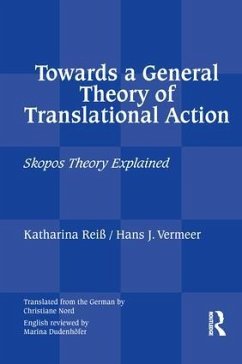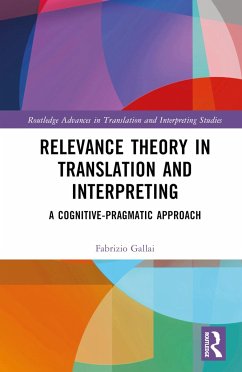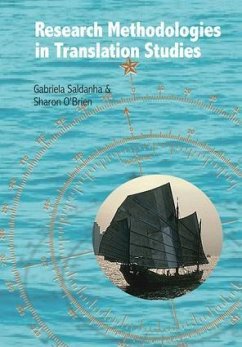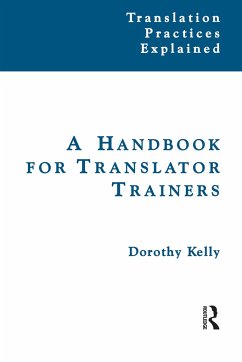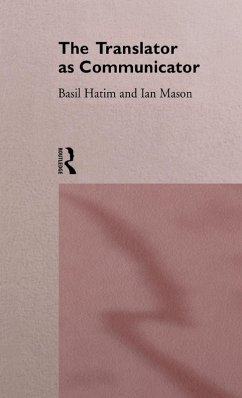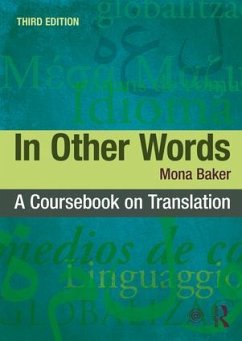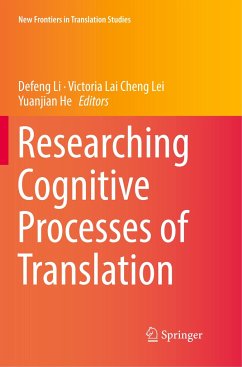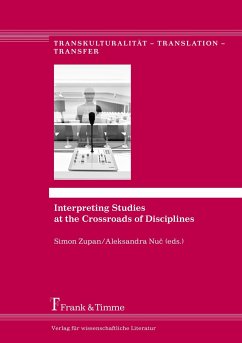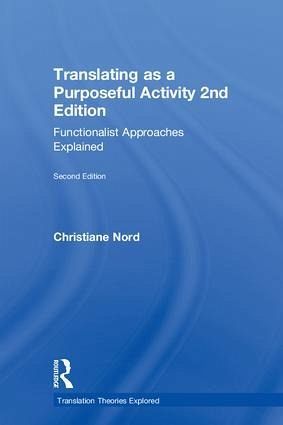
Translating as a Purposeful Activity
Functionalist Approaches Explained
Versandkostenfrei!
Versandfertig in 1-2 Wochen
168,99 €
inkl. MwSt.
Weitere Ausgaben:

PAYBACK Punkte
84 °P sammeln!
This bestselling text is a comprehensive overview of functionalist approaches to translation in English. Christiane Nord, one of the leading figures in translation studies, explains the complexities of theories and terms, in simple language with numerous examples. Now with a foreword by Georges Bastin and a substantial new chapter covering the recent developments and elaborations of the theory, Translating as a Purposeful Activity is an essential text for students of translation studies and translator training.





